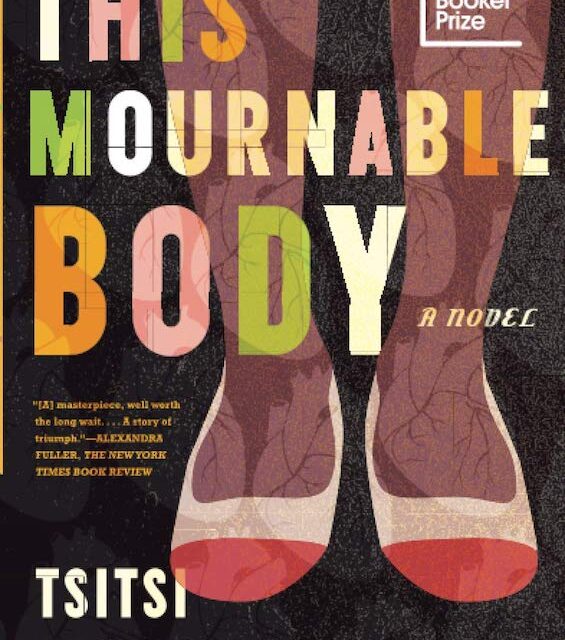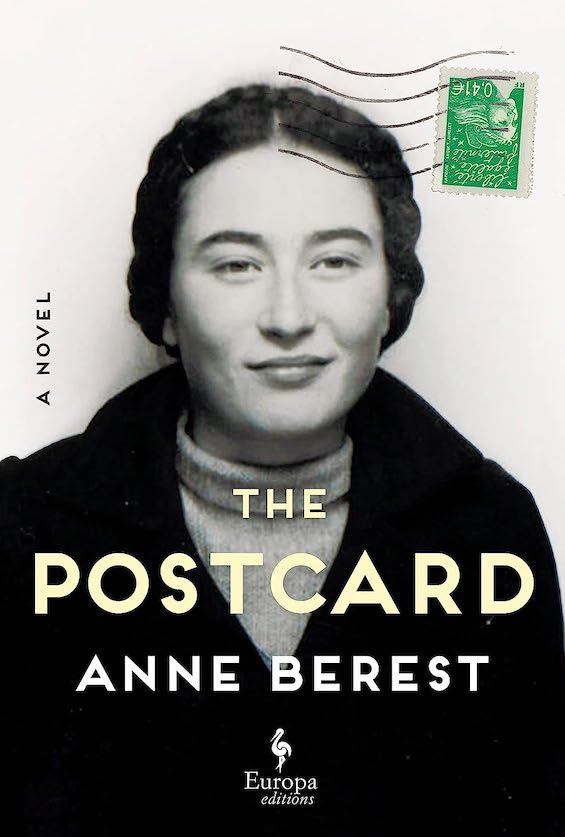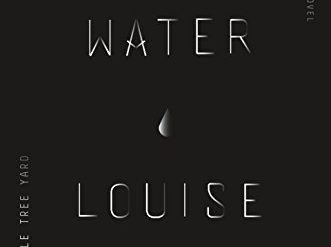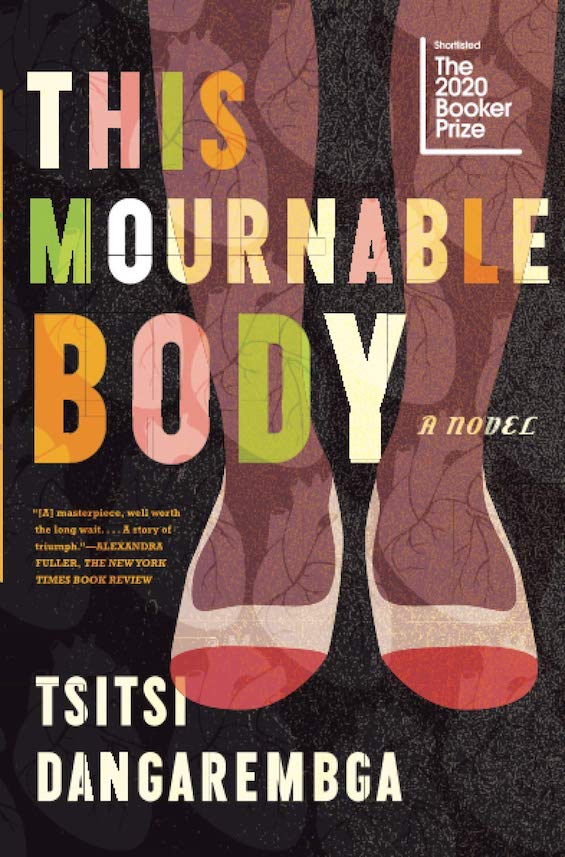
Few Americans can locate Zimbabwe on a map. For that small number who can, our knowledge of the country tends to be limited to a handful of facts. That Zimbabwe is a former British colony known as Southern Rhodesia. That a man named Robert Mugabe led the country to independence from the British in 1980 and governed until 2017. That Mugabe and his minions committed untold atrocities and stole the nation blind, leaving its people destitute. We tend to know little more than that. Thus, a novel such as Tsitsi Dangarembga’s A Mournable Body should provide a welcome opportunity to broaden our understanding of life in post independence Africa and specifically in Zimbabwe. Unfortunately, it does not.
Estimated reading time: 4 minutes
An award contender, but a disappointment
Unaccountably, but unsurprisingly, the novel was shortlisted for the Booker Prize in 2020. The Booker has been awarded annually since 1969 for the best novel written in English and published in the United Kingdom or Ireland. Presumably, then, A Mournable Body is one of the best such novels of recent years. It’s not. It’s merely another example of the opaque criteria the Booker judges use to arrive at their often mystifying decisions.
This Mournable Body by Tsitsi Dangarembga (2018) 345 pages ★★★☆☆
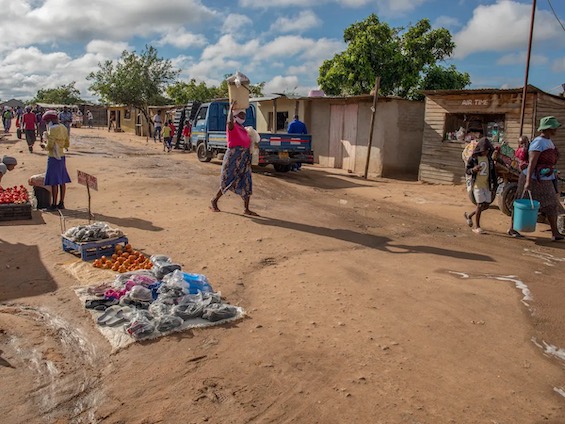
An unstable and self-destructive protagonist
In This Mournable Body, Dangaremgba tells us the sad tale of a mentally unstable and self-destructive woman named Tambudzai Sigauke. The story is set at a time about twenty years after the end of Zimbabwe’s War of Independence (1964-79). Former combatants, most of them women, crop up from time to time. But the author doesn’t dig deeply into their experience, which might have made for a fascinating tale. They simply complain a lot. Meanwhile, in the background, other (male) ex-combatants are beginning to “invade” white-owned farms throughout the country. But that takes place out of our sight. Through all this, we focus—in the second person singular, mind you—on the travails of Tambudzai Sigauke.
Lost opportunities to illuminate Zimbabwe’s history
Although born and raised in a village, Tambudzai had every opportunity. Her uncle, a preacher, ran an excellent school for girls. She went on to a private, Catholic high school for girls and then to the University of Zimbabwe, where she obtained a degree. She should be among the nation’s elite, joining the thieves in Mugabe’s circle who were plundering the nation’s rich resources. But Tambudzai inexplicably left a job as a copywriter at an advertising agency, only to become temporarily homeless. We follow her through her months in a boarding-house run by a senile old woman. The woman’s three sons are trying to kill her so they can sell the house. And it all gets worse from there, when Tambudzai at length meets the white woman she blames for causing her to lose her job at the advertising agency—and takes a new job working for her!
I do not understand why Tsitsi Dangarembga would bother to tell this story. It’s an historical novel without any but the most glancing references to history. It’s set in post independence Africa but might instead have been set anywhere in the Global South. She is, by all accounts, one of her country’s leading literary lights. I expected better.
About the author
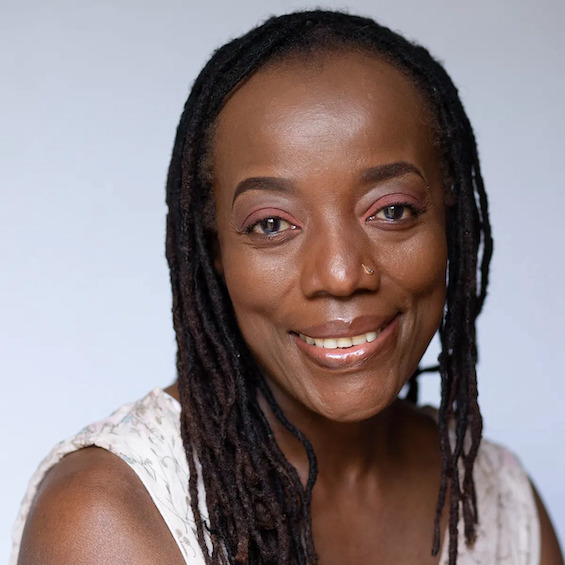
Tsitsi Dangarembga has won awards both as a novelist and as a filmmaker. She has written three novels, three plays, and screenplays for 21 films. In 2021, Dangarembga won the PEN International Award for Freedom of Expression, given annually since 2005 to honor writers who continue working despite being persecuted for their writing. She was born in Zimbabwe in 1959 and pursued higher education in Zimbabwe, England, and Germany.
For related reading
I’ve reviewed two other novels set in Zimbabwe: The Hairdresser of Harare by Tendai Huchu (Zimbabwe through the eyes of a single mother) and The Death of Rex Nhongo by C. B. George (A satisfying thriller set in Zimbabwe).
You’ll find better reading at:
And you can always find my most popular reviews, and the most recent ones, on the Home Page.

